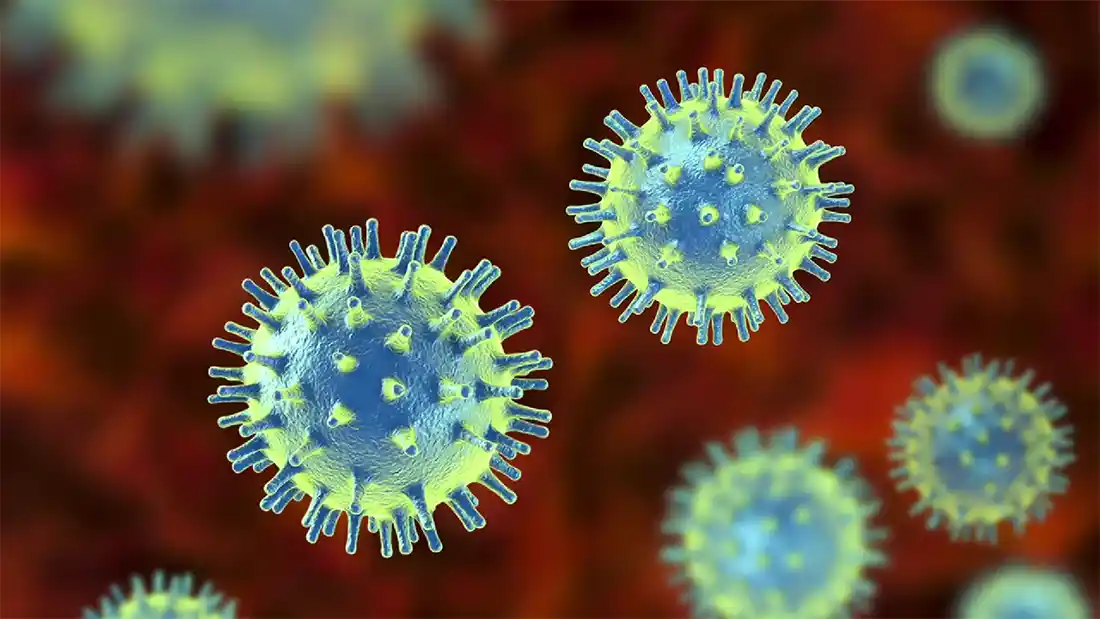

Bacteria, viruses, size, cell membrane, proteins, medicines, antibiotics, fever, fatigue, discomfort, pathogen.
So, we know that both bacteria and viruses are similar in terms of being very small and having to be seen under a microscope, but what about their differences?
There are several differences between a virus and bacteria cell. Here's an outline.
A bacteria cell is considerably larger than a virus cell. This is because a virus is able to attack almost any living organism - a human, a dog, a cat, a mouse, a plant, even the largest of bacteria. Viruses use other organisms as a host to help them replicate and end up destroying the host cells in a process called LysisFind out more on the Pathogen Life Cycle page..
A virus cannot survive for very long outside of a host. They will survive for a couple of minutes before being ineffective. A bacteria cell is much larger, and they live everywhere. They can survive for longer, remaining dormant on a surface until moved by touch, or breathed in by someone through air exchange.
A virus will multiply inside a host cell, which can be quick, and will also enable it to infect the host organism with enough viral pathogen. A bacteria is different, in that it divides itself by creating an exact copy of itself, and it can do this as quick as every 20 minutes, given the correct conditions with temperature and nutrition.

Bacteria and viruses are quite different, yet they both cause us to become ill. Although there are many differences, they still both contain DNA and enzymes to help them grow or replicate.
Unfortunately, there are not many differences in the symptoms between bacterial and viral infections - they can both give you a fever, make you tired (fatigue), and discomfort in an area of your body. A viral infection usually only last a couple or few days, and will symptoms will subside. A bacterial infection, with the right treatment, will make these symptoms subside.
Specific medicines have been made to help with the removal of bacterial infections, but these are aimed at certain pathogens only, and not all have been proven to work on other viruses. With both bacterial and viral infections, if it doesn't correct itself within a few days, doctors can prescribe a course of antibiotics to help remove it. Antibiotics will only work against a bacterial infection, and doesn't help the problem with a viral infection.
Another form of treatment during an infection is keep up good hygiene. Wash your hands regularly, clean your face or problem areas often, and use hand sanitiser to eradicate the bacteria from your body. This will also help prevent you getting further infections if you carry on doing these practices after you're better.
The following still is from a video on the differences, with the following details:
Please click on the image to view the video.

Activities that can be used in the classroom.

Disclaimer | About Me | Sitemap
Website design by SyntaxHTML.



Blue icons adapted from icons courtesy of Smashicons.com